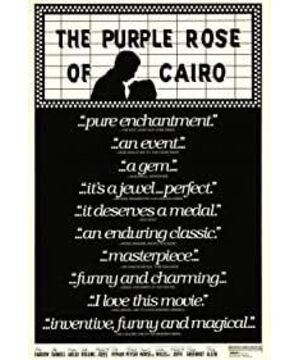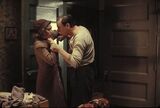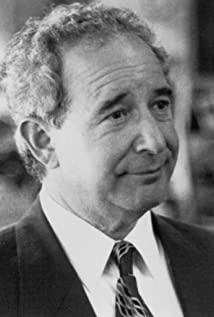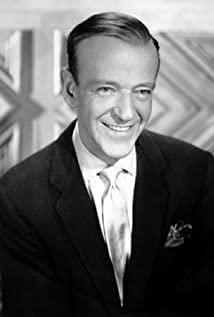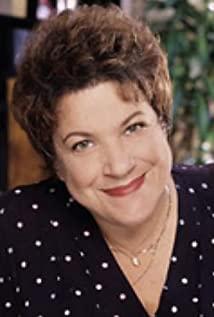Cecilia is a huge movie fan, chatting absentmindedly about movies at work, and when she goes to the theater, the staff knows her. She lived in an era when the country was suffering from an economic crisis and jobs were not guaranteed. The husband was laid off from the factory, gambled in the corner with his colleagues all day, went to the bar to drink heavily, took the woman home, and blamed all the failures on the environment. Cecilia works in a restaurant to subsidize the rent. She not only works hard, but also takes care of housework. The world in the movie is romantic and noble, rich and peaceful, and the characters are brave and humble, sweet and happy, so the movie is a place for Cecilia to escape from reality.
Tom walked out of the movie because of Cecilia's love for the movie, he wanted to be free and see the real world on the one hand, and he was attracted by the obsessive Cecilia on the other hand.
Cecilia's character should be both pure and kind. MiaFarrow's thin cheeks protrude with a pair of big flashing eyes, and her delicate and gentle voice emanates from her small body. The look of her watching the movie is focused and obsessed, showing unreserved joy. This kind of love comes from the heart from beginning to end, and moves others, and her weakness, absent-mindedness, confusion and simplicity are also manifested by her thin body, which corresponds to poor reality.
Tom is the perfect person Cecilia aspires to. Gil is the real-world Prince Charming. The ending for Cecilia seems to be two, 1 with Tom, 2 with Gil, but 3, back to her husband.
Woody Allen made Cecilia leave his husband in three choices, strengthening the choice between 1 and 2, but at the end, unexpectedly returned to 3, portraying reality. 1 The unreality is that Tom is a fake character. He is too far away from reality and has a completely different world view. Although he said that he can learn, the film still spends a lot of time expressing his incompetence in the real world. This inability to correspond is the simplicity of his emotions and ideals, no realistic selfish thoughts, loyalty and kindness. Gil's departure is also inevitable. His image is linked to the producers. When Tom fled the movie, the producers messed around to discuss the film's benefits. Gil didn't show a positive attitude. He pursued career and fame. Naturally, he started It's not what the audience expects. When Cecilia, a fan, praised Gil enthusiastically, he gradually fell in love with Cecilia. This love option only appeared at this time and was very untenable.
To sum up, Tom and Gil both showed a lot of shortcomings, they sparked with Cecilia to some extent, but from the narrative and foreshadowing, they were not destined to be chosen, so in the end Cecilia returned to the tragedy of reality Sex is also a matter of course.
The film's lack of emotional horsepower, the strong feeling of the dilemma between Tom and Gil is centered on the scene at the final cinema, and the rendering of the two men is the movie tour and the ukulele, but the two are purely Part of the emotional horsepower goes to the final choice, and the empathy is not enough, so that the sense of completeness of the ending is not enough. This is because the previous part has too much foreshadowing for the final choice, that is, returning to reality is the ending, and the contrast between the final choice and the ending is not impactful/interesting enough.
There is also a contradiction between allegorical and realistic representation. It's a good fable, and the screen-on-screen format is really new and interesting for the first 20 minutes, one time watching the movie itself, and one time watching the movie within the movie. But when Tom appeared, a sense of incongruity came flooding in, because the film was depicting a strong story in a realistic way. Creativity and imagination are not resolved with ingenious logic, and the plot does not provide explanations, which makes the characters, backgrounds, and narratives thin and chess pieces. The shallow description of the allegorical body is much more than the description of the influence of the allegorical subject, so there are few plots that can combine the romantic feeling of the imagination and the rational perception of the intuition.
Movies in movies, pictures in pictures, text in Chinese, dreams in dreams, the combination of reality and reality is so ingenious that there is no need for "science fiction", and it will be more comfortable to return to the real logic of reality. Imaginative fables are better suited for animation.
A good combination of fable narrative and video form is Wes Anderson. On how comedy can be deeply discussed without being cheap, wanted to see Chaplin.
View more about The Purple Rose of Cairo reviews


